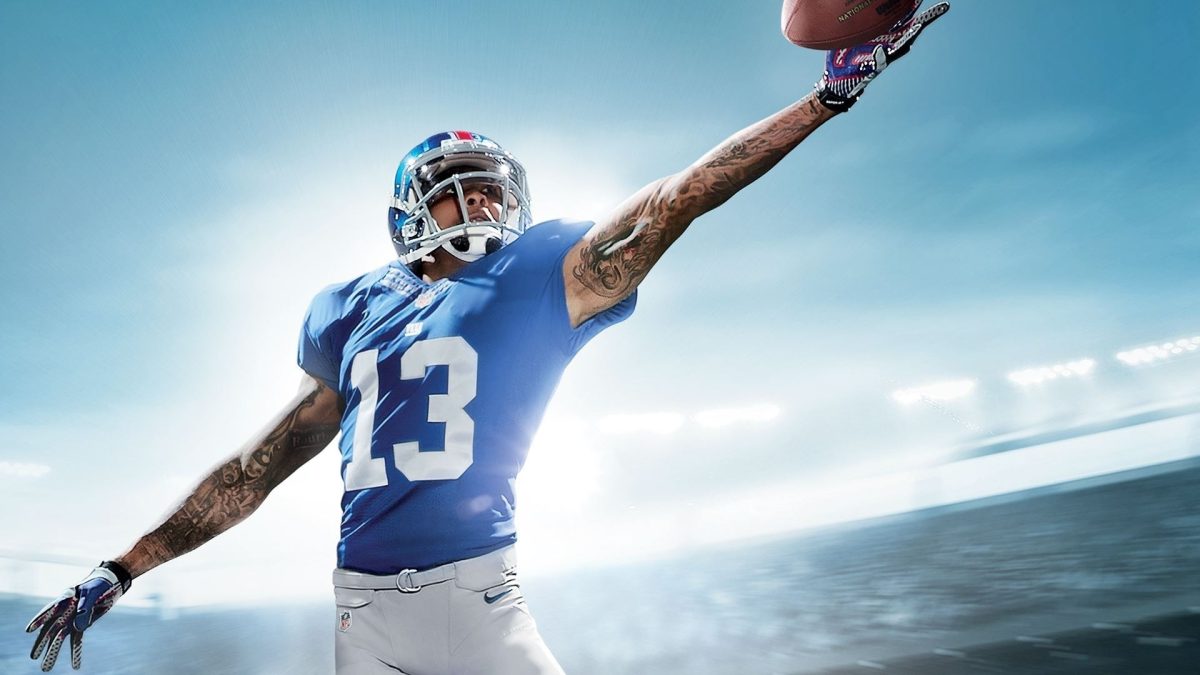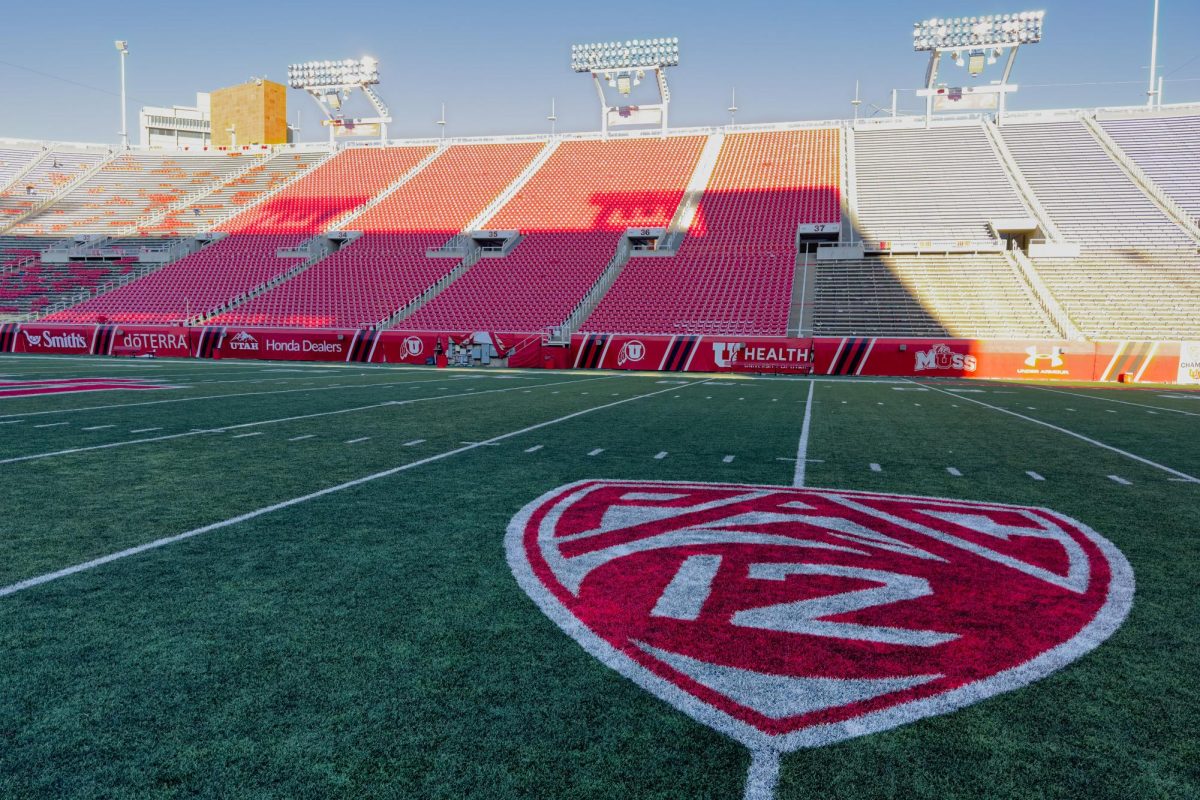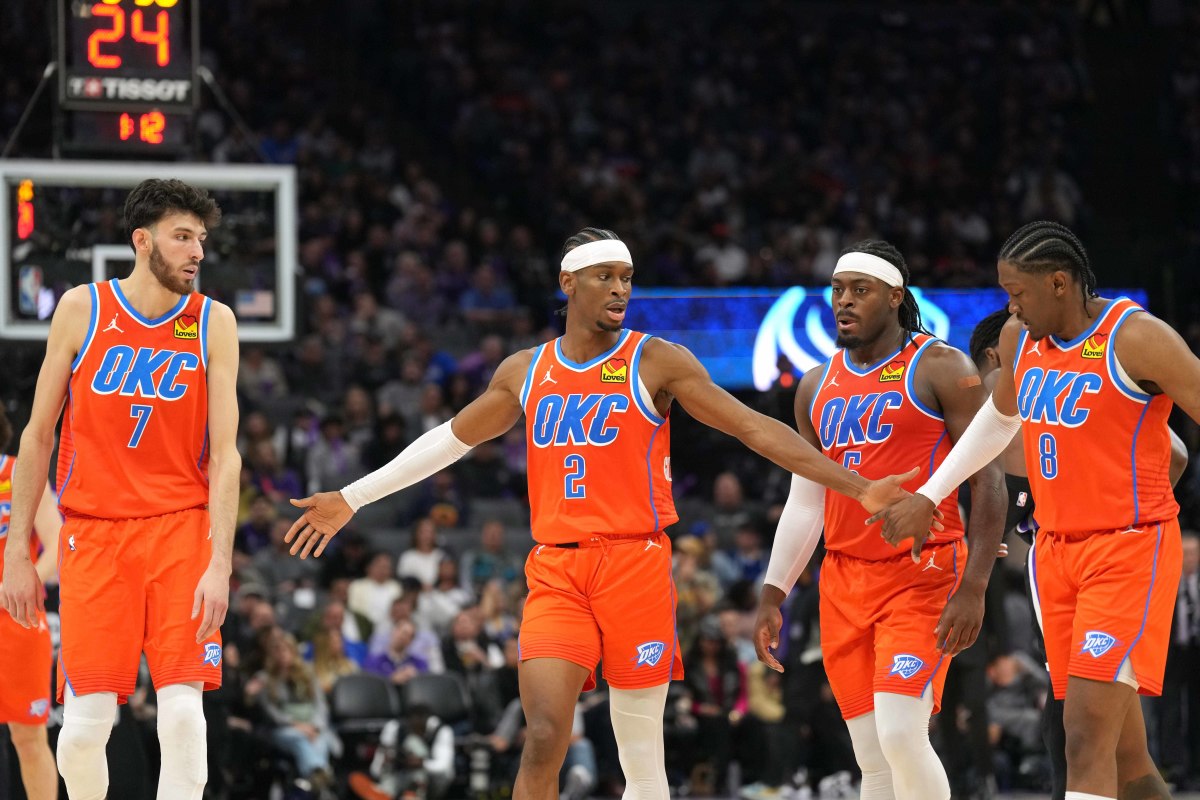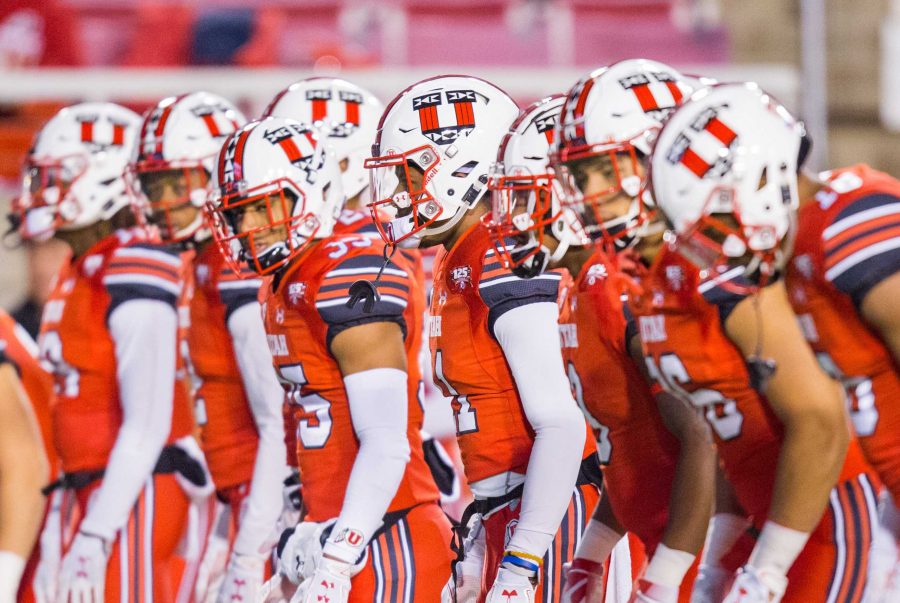In a world in which diversity is non-judgemental, inclusive and encompasses most public facets of everyday life, it is only a matter of time until that movement finds its way into the world of sports.
While there have been many issues of inclusivity in sports — athletes of color, female athletes, and athletes with exceptionalities — as time has progressed, it has been nothing if not a reflection of the society that they have been played in. Jackie Robinson’s breaking of the color barrier in major league baseball predated the Civil Rights Movement of the 1960’s. Willie O’Ree became the first player of color in the National Hockey League in 1957, right in the midst of a movement to end segregation.
Inclusion in sports has not only affected players of color but women as well. Women across the industry are bursting onto male-dominated facets surrounding professional sports — announcing, refereeing, and on occasion, playing. Manon Rhéaume, a goaltender who made numerous Olympic appearances, became the first female player to be signed to any of the four major sports — baseball, football, basketball and hockey — when she debuted in a preseason game for the Tampa Bay Lightning.
The question of whether or not minority groups — women, members of the LGBTQ community, athletes of color — will play a major part in the future of sports has already had a resoundingly positive answer. The future of all major sports will be inclusive, that is not to be denied. How organizations choose to represent those who belong to minority groups is where difficulties can arise and where conflict can shake any team’s identity.
Many professional sports organizations have carried their names since their inception. The only exception to this is the handful of teams that relocate to different cities. This is done in an effort to maintain identity, but sometimes that identity carries with it inherent discriminations against given groups. Native American culture has been the subject of dozens of team names, including the Cleveland Indians, Washington Redskins, Kansas City Chiefs, Chicago Blackhawks, Florida State Seminoles and Utah Utes.
The difference and the reason that blanket rules cannot be made against the usage of indigenous peoples’ namesakes is how each individual team has approached the issue. Teams like the Cleveland Indians have responded by eliminating all offensive content related to their team operations, while others have laughed in the face of protest, like Washington Redskins owner Dan Snyder, who claimed that the usage of the word “Redskin” is “honoring Native Americans,” per a 2013 interview.
Obviously, there are outliers such as these. There are, however, countless organizations who approached the issue with clarity and focus, and the University of Utah falls under that category.
The U has used the “Utes” nickname since the school adopted Division 1 sports in the late 1800s. This culture has been kept alive using official dialogues between the University and the Ute Indian Tribe, the tribe that both the University and the state itself, derive their names from. The communication and agreement to maintain the Utah Utes’ name is currently kept as official and constantly updating through the Memorandum of Understanding between the Ute Indian Tribe and the University of Utah. The Memorandum is a document which entails not only the nature of the agreement but the goals of each respective group, outreach programs and maintenance of the agreement so that it can be renewed to conform to new interests by both institutions. There is an established, mutual respect for both organizations, and that relationship is one that both sides look to maintain as time goes on.
The U is not the only place in which that level of respect is maintained on a yearly basis. The Florida State University Seminoles have a similarly structured agreement with the Seminole tribe, of which they have been affiliated with for over 70 years. Both universities pay proper respects to their respective affiliated tribes in different ways, but the respect is still there, and will always be there as long as the agreement is maintained and renewed.
Both the U and the Ute Indian Tribe have had storied histories and, in an ever-evolving and developing culture, have found a way to maintain mutual respect for one another. As other institutions react to changing times, controversies rise and resolve, and the world becomes a more accepting place, there will always be respect for those who are honored, and those who pave the way for a more diverse, accepting world.












